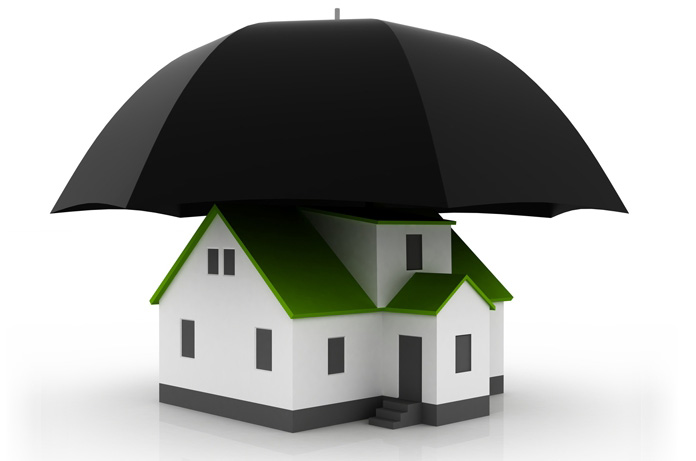Home /
Money Blog
Removing PMI
Note: You can use any financial calculator to do this problem, but if you want the BEST, you can
get our
10bii
Financial Calculator for iOS, Android, Mac, and Windows!

THE SCENARIO
Generally, when you buy a house and get a mortgage but put less than 20% down, you have to pay for Private Mortgage Insurance, or PMI. PMI is an insurance policy that you pay for, but which insures the lender, in case you default on the loan. In most instances, you can get rid of your PMI policy when you have a certain amount of equity in the property, but the exact terms vary for each loan.
Several years ago, I got a loan and put less than 20% down, so for those several years, I've been paying $308.72 per month* for the PMI policy. I recently inquired about what I would have to do to make the PMI go away (I would prefer
not to pay that money for someone else's insurance policy), and I was told that I would have to pay down the loan to 78% of the original purchase price of the house. I bought the house for $390,000, and currently owe $332,057.02. The interest rate is 3.50%, and my payment is $1,680.35 per month (just on the loan, not including PMI, insurance, or taxes).
My question is: If I pay to remove the PMI, how much do I have to pay, and what's my cash-on-cash return on that money?
* Note that each year, the PMI payment is recalculated, and it goes down by a few dollars for each of the next 12 months, due to the amortization that has occurred during that year. For the purposes of this question, though, I'm going to assume that the PMI payment stays the same, because that makes it simpler and it won't change the end result very much (the year-over-year decreases tend to be in the realm of 1%).
THE SOLUTION
This problem has several steps.
First, I have to figure out how much 78% of the original purchase price of the house is.
Second, I have to figure out how much I'd have to pay today to get to that amount-owed.
Third, I have to figure out how long it would take me to reach that same point if I just continued to make my regular monthly payments.
Fourth, I need to find out what my return on the result from Step 2 is over the length of time I found in Step 3.
Let's get to it.
Step 1
My original purchase price was $390,000, and 78% of that is
$390,000 x 0.78 =
$304,200
Step 2
I currently owe $332,057.02, so if I wanted to pay down to $304,200, I'd have to pay
$332,057.02 - $304,200 = $27,857.02
I'd have to pay
$27,857.02 today to get my balance down to $304,200, at which point I'd owe 78% of the original purchase price.
Step 3
I need to find out how long it will take to reach $304,200 if I continued my regular monthly payments.
First things first, make sure the calculator is using 12 Payments per Year.
N: (this is what I'm trying to find)
I/YR: 3.50%
PV: 332,057.02
PMT: -1,680.35
FV: -304,200.00
I currently owe $332,057.02, so if I continue to make my normal $1,680.35 payment each month, it will take me
37.11 months to pay the loan balance down to $304,200.
Step 4
I need to find out what the return on my $27,857.02 is when it saves me $308.72 per month for the next 38 months.
First things first, make sure the calculator is using 12 Payments per Year.
N: 38
I/YR: (this is what I'm trying to find)
PV: -27,857.02
PMT: 308.72
FV: 0
The answer to the question is that my cash-on-cash return on my $27,857.02 payment today would be -46.59%. (Note, however, that due to paying off part of the debt, my long-term return would actually be positive - between 5.78% and 16.9%. If you're interested in knowing more about this, leave a comment below and maybe I'll cover it in a future post.)
I detest paying PMI. I mean, I really hate it. I consider PMI to be a bit of a racket, in fact, as you pay the premium to insure against your default, but your default is more likely because you're paying hundreds of extra dollars per month that you could use to, you know, make sure that you can pay your mortgage. So I really really want to get rid of the PMI payment.
That being said, there's no way I want to pay a sizable chunk of cash right now which yields almost -50%. If I wanted to get that kind of return on my money, I'd play the lottery. So for now, I think I'll bide my time, wait another 3 years, and let amortization get me to my 78% target instead of making a 5-figure principal payment today.
What do you think? Would you do it? Let us know in the comments below!
